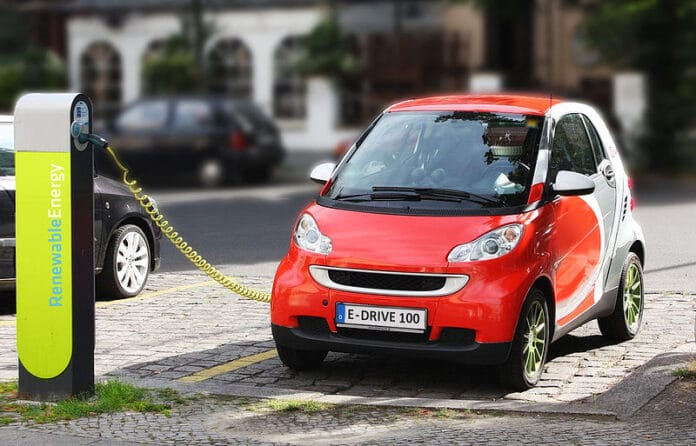Electric cars are very beneficial for the environment, but they can be a bit pricey. Salary sacrifice schemes have become a popular method for acquiring new electric cars. Salary sacrifice has a lot of benefits, and so do electric cars; hence, in this article, we are going to take a look at salary sacrifice car schemes and electric cars.
What is salary sacrifice?
Under a salary sacrifice scheme, an employee agrees to forgo part of their salary in return for the employer providing them with a good or service. The amount of salary that is given up is usually equal to the cost of the good or service that the employer is providing.
For example, an employee might agree to forgo $200 per month from their salary in return for the employer providing them with a new laptop. The $200 per month is known as the salary sacrifice amount. You can learn more about EV salary sacrifice car here.
What are the benefits of salary sacrifice?
There are a few benefits of salary sacrifice schemes, including:
-Reduced taxable income: The amount of salary that is given up under a salary sacrifice scheme is exempt from income tax. This can lead to a significant reduction in the amount of tax that an employee has to pay.
-Access to goods and services that would otherwise be unaffordable: Salary sacrifice can help employees to access goods and services that they would not be able to afford if they were paying for them out of their after-tax salary.
-Reduced cost of living: By sacrificing part of their salary, employees can reduce their overall cost of living. This can be particularly beneficial for those on a low income.
What are the drawbacks of salary sacrifice?
There are a few drawbacks of salary sacrifice schemes, including:
-Loss of income: The biggest drawback of salary sacrifice is that it results in a loss of income for the employee. This can be a problem if the employee needs the money to meet their financial obligations or if they are planning to use it for other purposes.
-Restrictions on salary sacrifice: There are a number of restrictions on salary sacrifice schemes, which can make them less attractive to employees. For example, there are limits on the amount of salary that can be sacrificed and the types of goods and services that can be provided under a salary sacrifice scheme.
-Cancellation of salary sacrifice: If an employee leaves their job, they will usually have to cancel their salary sacrifice arrangement. This can be a problem if the employee has been relying on the salary sacrifice scheme to help them meet their financial obligations.
What are electric cars?
Electric cars are vehicles that are powered by electricity, rather than petrol or diesel. Electric cars have a number of advantages over traditional petrol and diesel cars, including:
-They are cheaper to run: Electric cars are much cheaper to run than petrol or diesel cars. For example, the cost of charging an electric car is around one-third of the cost of petrol or diesel.
-They emit less carbon dioxide: Electric cars produce zero emissions, which means they are much better for the environment than traditional petrol and diesel cars.
-They are quieter: Electric cars are much quieter than petrol or diesel cars, which makes them more pleasant to drive.
What are the drawbacks of electric cars?
There are a few drawbacks of electric cars, including:
-They can be expensive to buy: The upfront cost of electric cars can be higher than the cost of traditional petrol and diesel cars.
-They have a shorter range: Electric cars have a shorter range than traditional petrol and diesel cars, which means they might not be suitable for long journeys.
-They take longer to charge: Electric cars take longer to charge than traditional petrol and diesel cars.
How does salary sacrifice work with electric cars?
Under a salary sacrifice scheme, an employee agrees to give up part of their salary in return for the employer providing them with a good or service. The amount of salary that is given up is usually equal to the cost of the good or service that the employer is providing.
For example, an employee might agree to sacrifice £100 of their salary in return for the employer providing them with an electric car. The employee would then pay for the electric car out of their salary, before tax and National Insurance deductions. This would result in a reduction in the amount of money that the employee takes home each month.





